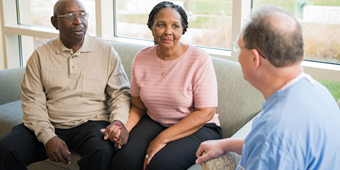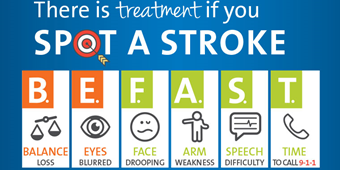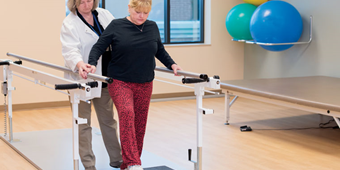Stroke
Stroke, which occurs when a blood clot or ruptured artery interrupts blood flow to the brain, is a leading cause of death and disability in Americans. The good news is that many strokes can be prevented through lifestyle changes that can reduce your risk for stroke.
Facts About Stroke
Stroke Prevention

- Anxiety
- Cardiology And Vascular Health
- Emotional Health
- Health Topics
- Heart And Vascular Disease Prevention
- Stress
- Stroke
- Stroke And Other Vascular Diseases
- Stroke Prevention
Beware High Levels of Cortisol, the Stress Hormone
Why too much of a good thing can be dangerous.





